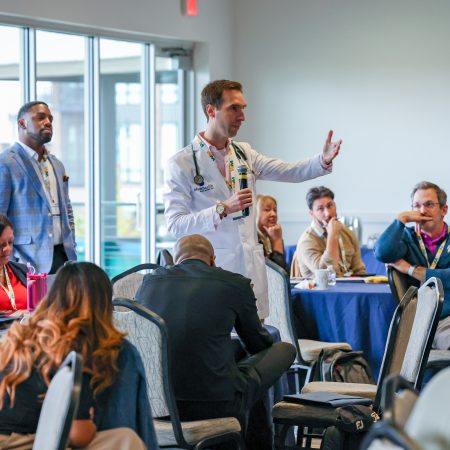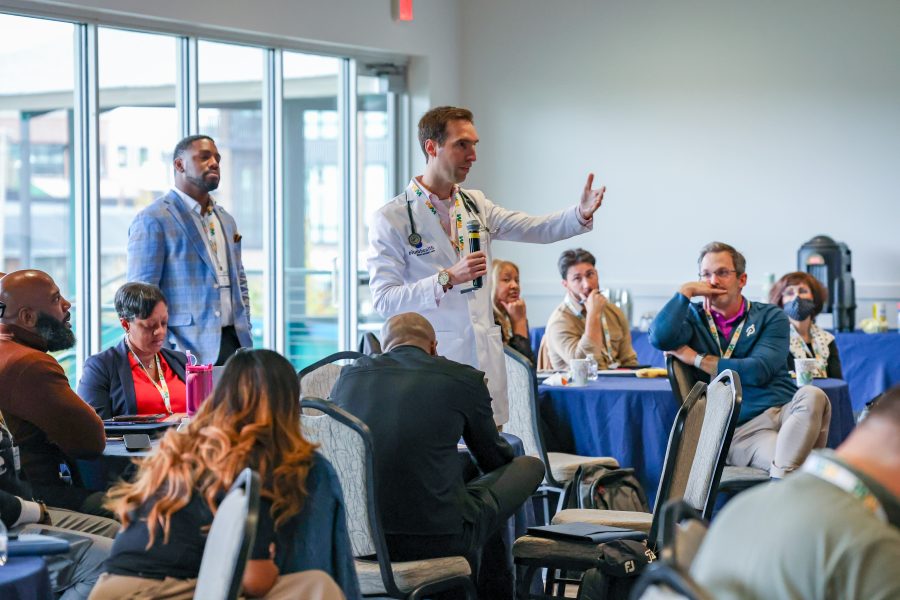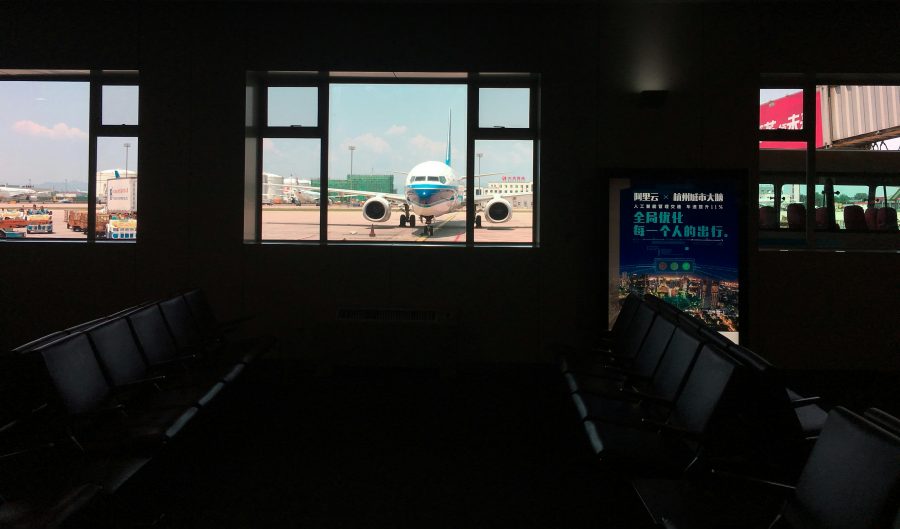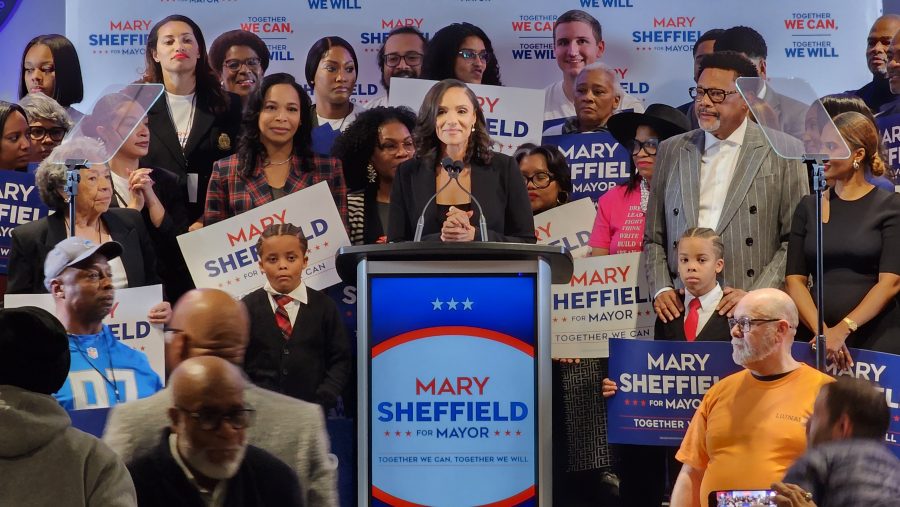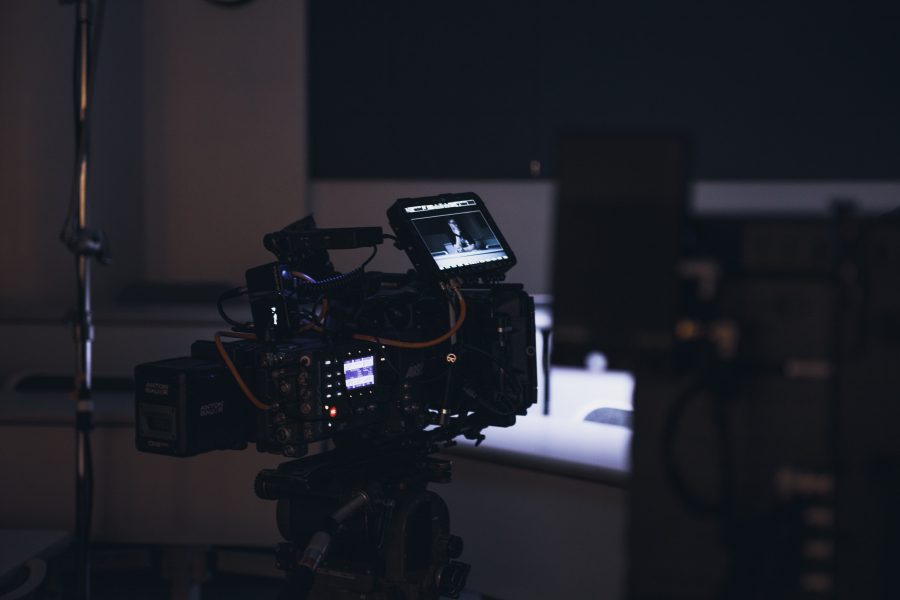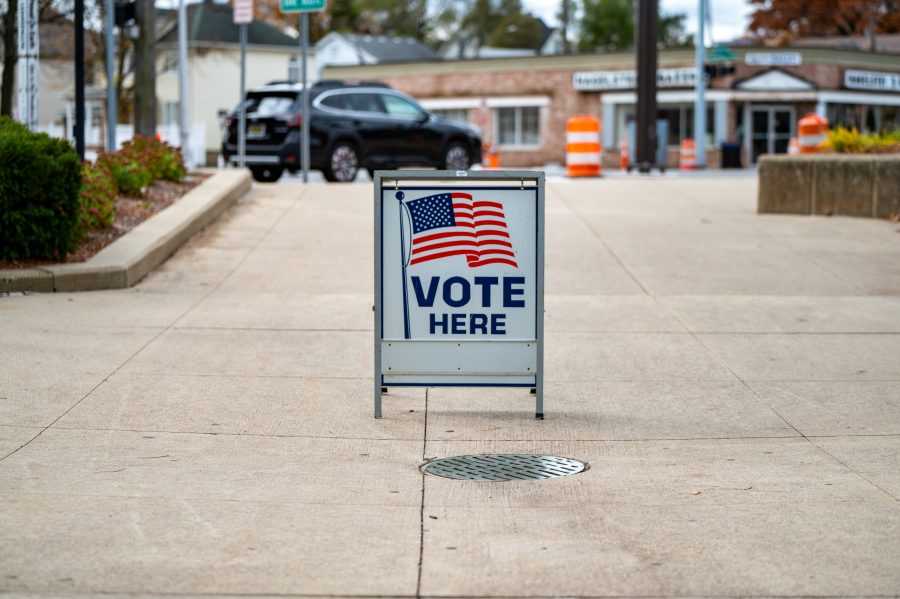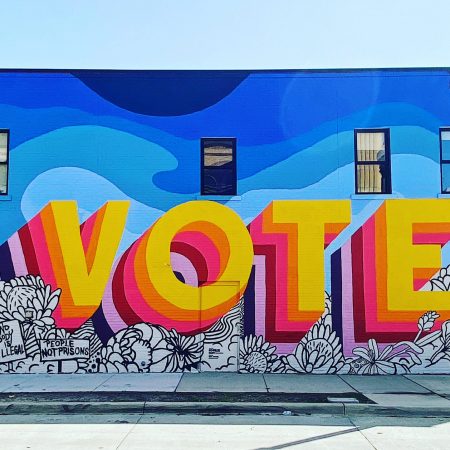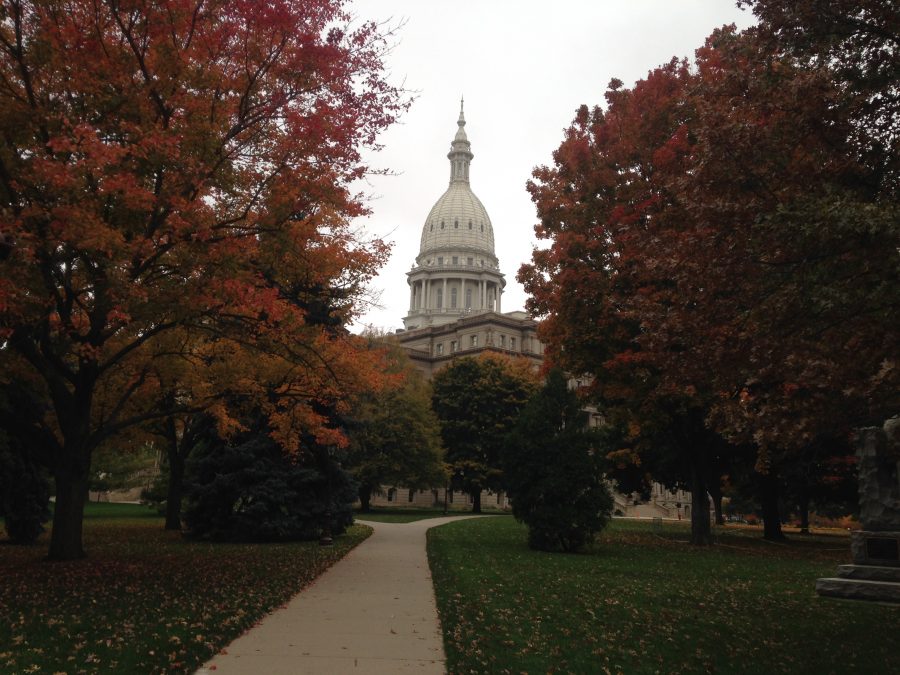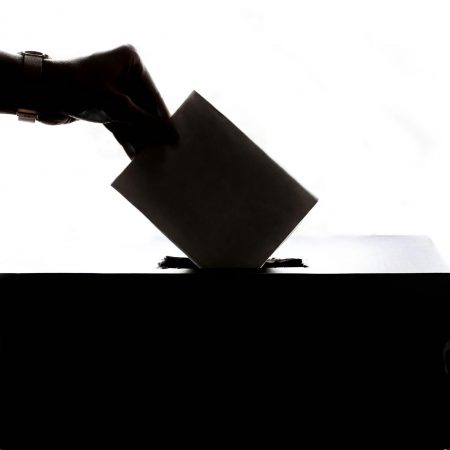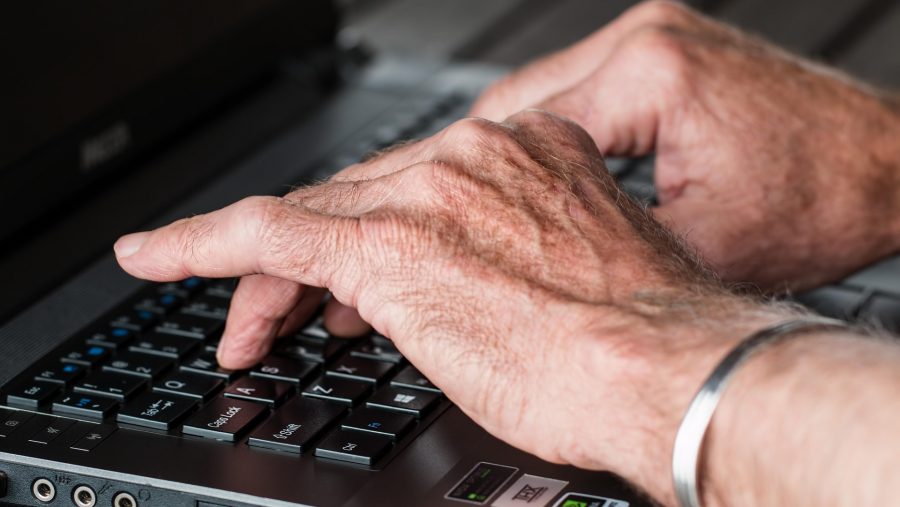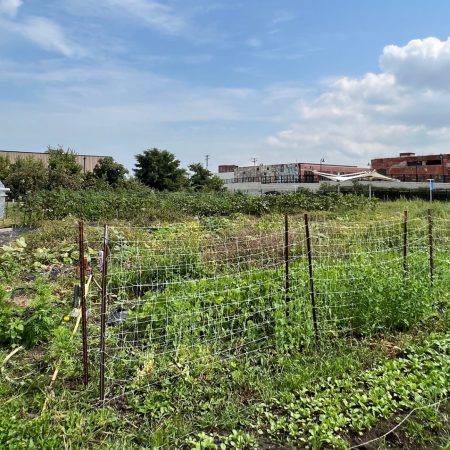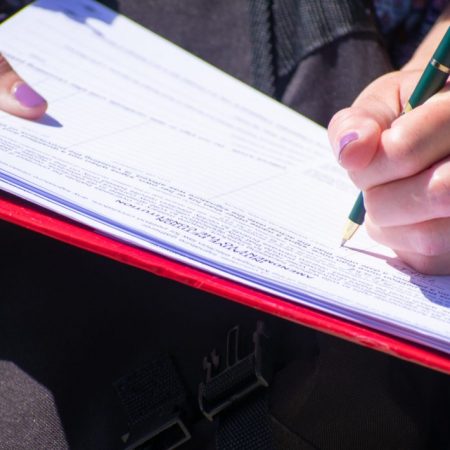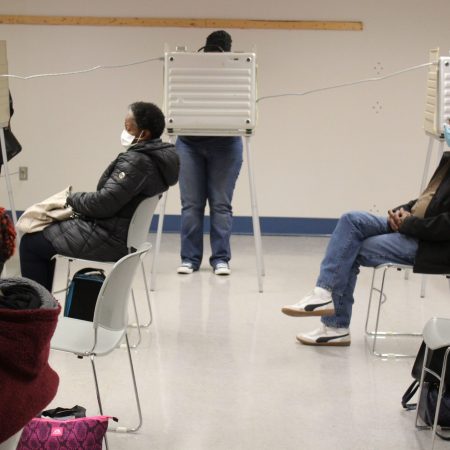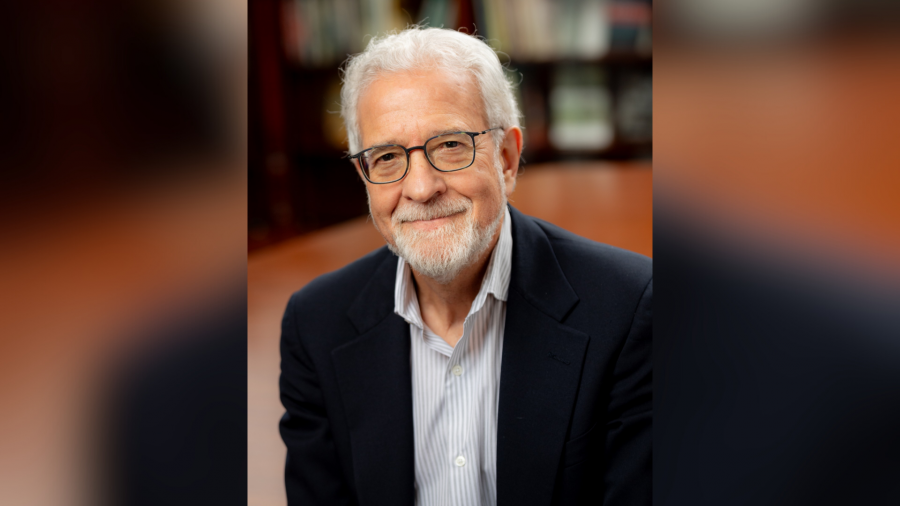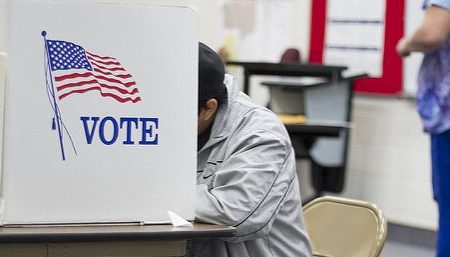The Metro: A Detroit doctor offers a remedy for America’s health care headache
Seeing a doctor in America comes with numerous costs—the wait for an appointment, the hours on hold with insurance, the pit-in-your-stomach feeling when the bill finally lands and it is a lot more than you expected.
Now, millions of Americans are bracing for another cost they did not see coming.
The federal subsidies that have lowered health insurance premiums under the Affordable Care Act are set to expire next year and if they do, premium costs could rise by hundreds of dollars a month.
Healthcare subsidies have been a key point of contention during the government shutdown. Last night, seven Democrats and one independent joined Republicans in a Senate vote that paves the way for an end to the shutdown—but not an end to the debate on healthcare subsidies.
Senate Majority Leader John Thune agreed to allow a vote in December on the expiring tax credits.
Meanwhile, here in Michigan, the uncertainty comes on top of another shakeup: some insurers are leaving the state’s individual marketplace, and thousands of people are suddenly searching for new coverage.
But some doctors are rejecting the traditional insurance model altogether. Their alternative is called direct primary care, a type of subscription-based service where patients pay a flat monthly fee and receive care when needed — no billing codes, no middlemen.
Dr. Paul Thomas brought this model to Detroit a decade ago with Plum Health. His clinics promise same-day visits, transparent pricing, and time to actually talk with your doctor.
Thomas joined Robyn Vincent to discuss how he believes this model could help heal America’s broken healthcare system.
Listen to The Metro weekdays from 10 a.m. to noon ET on 101.9 FM and streaming on demand.
Subscribe to The Metro on Apple Podcasts, Spotify, NPR.org or wherever you get your podcasts.
Trusted, accurate, up-to-date.
WDET strives to make our journalism accessible to everyone. As a public media institution, we maintain our journalistic integrity through independent support from readers like you. If you value WDET as your source of news, music and conversation, please make a gift today.Donate today »
More stories from The Metro
The post The Metro: A Detroit doctor offers a remedy for America’s health care headache appeared first on WDET 101.9 FM.
